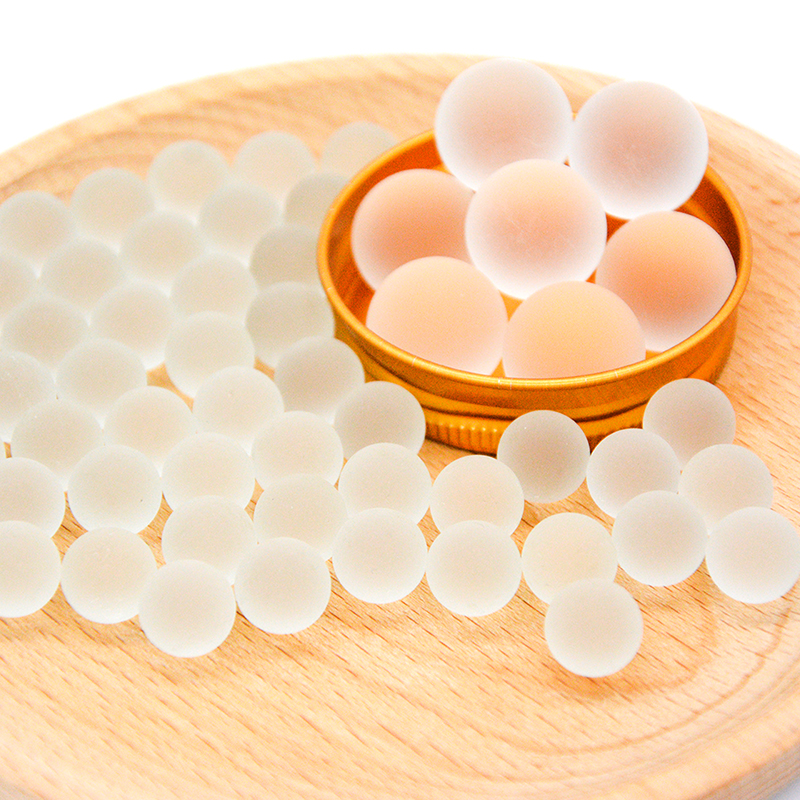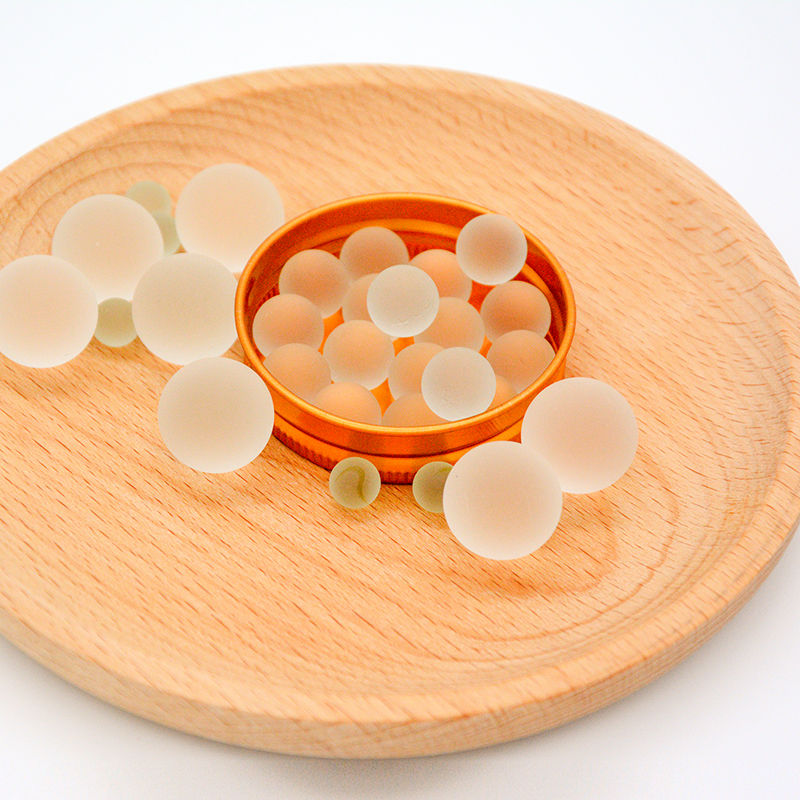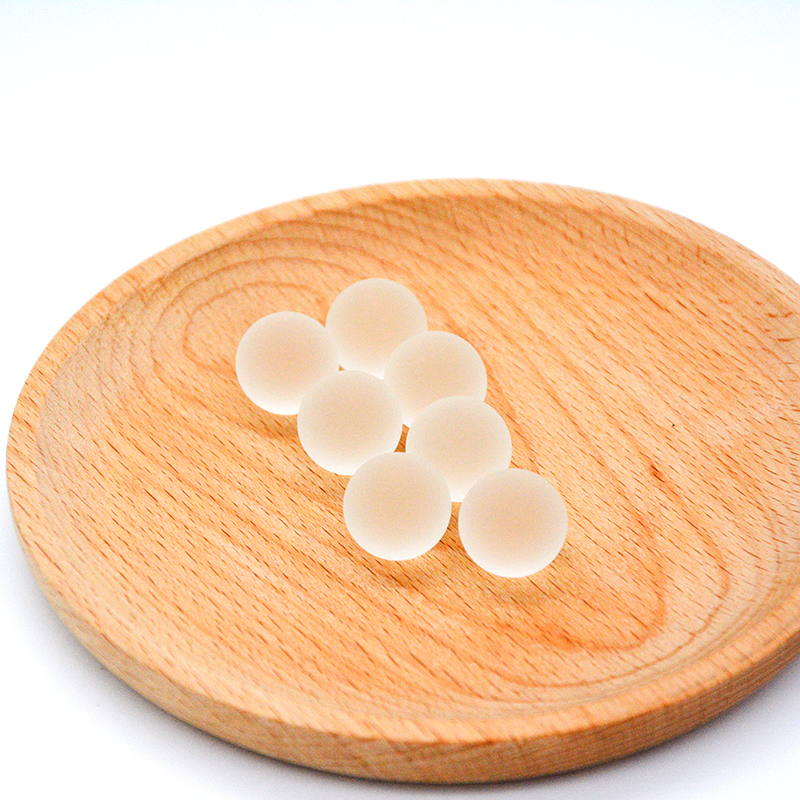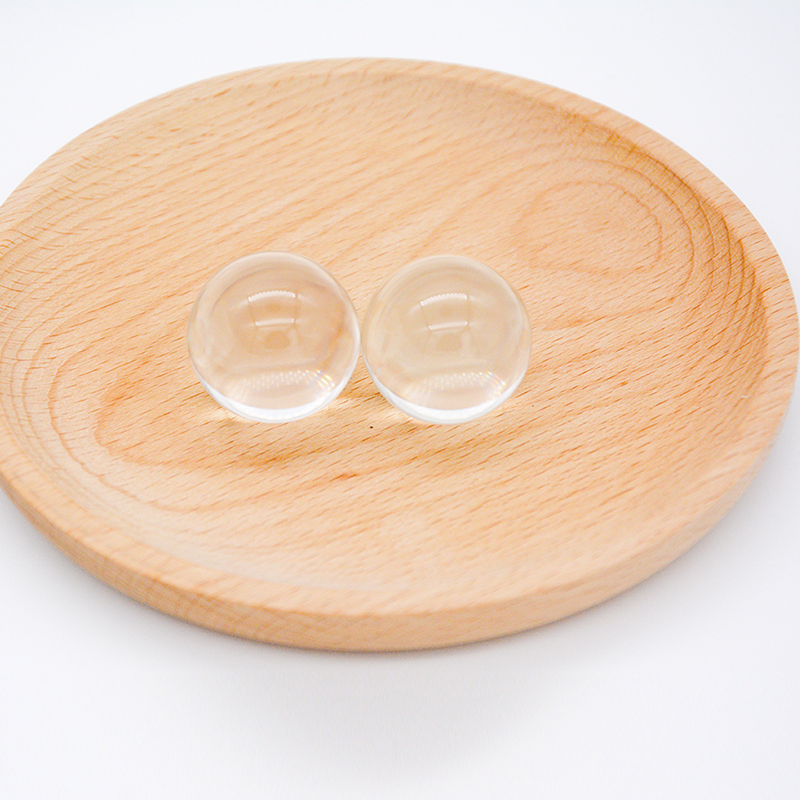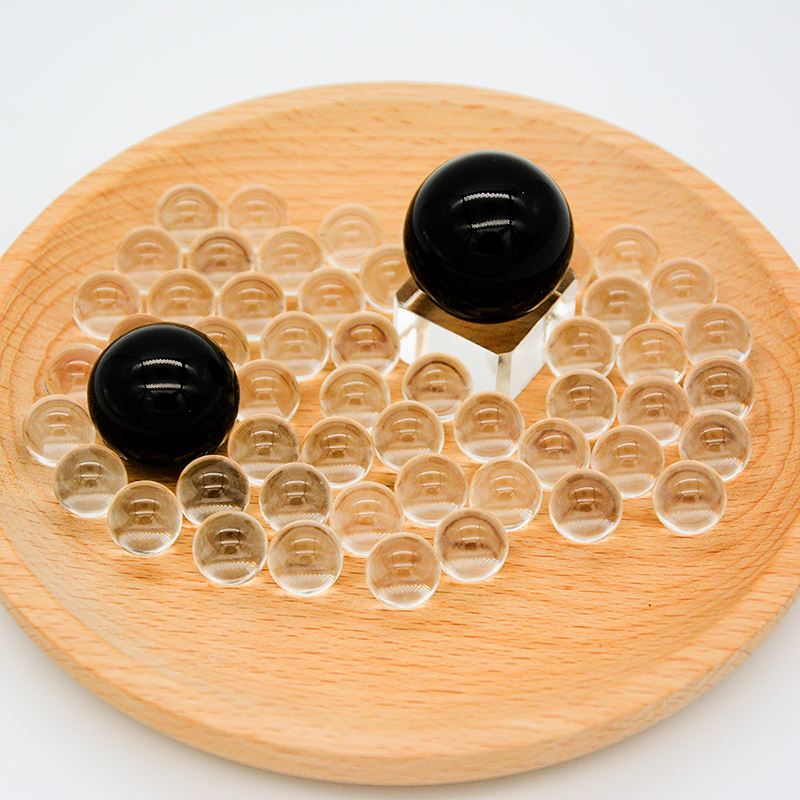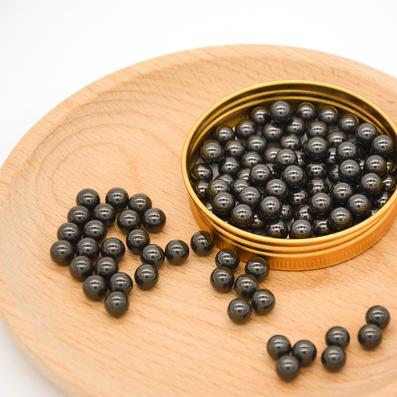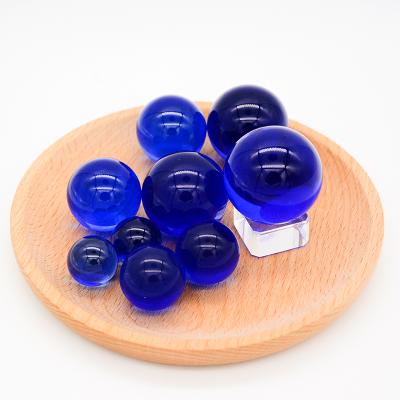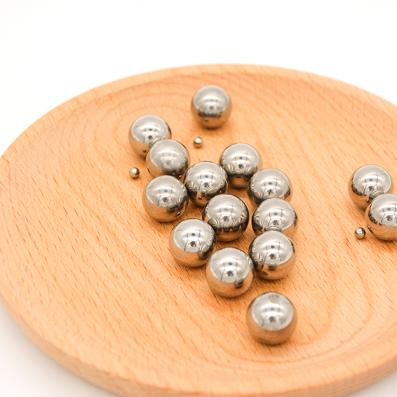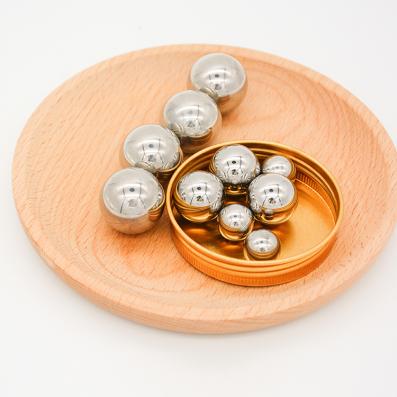Description
EDE-HP series glass balls are made of high-purity soda-lime glass or high-quality borosilicate glass. It has the highest precision, after a special grinding process.The accuracy can reach grade G40, the lot diameter variation is below 2.5um and the roundness tolerance is below 1.25um.The special production process makes it possible to produce the particle size between 1.5-50mm.
Quality Characteristics:
- Diameter range of high-precision glass balls: 1.5mm-50mm.
- Variation of ball diameter VDws: ≤5um
- Lot diameter variation VDwL: ≤10um.
- Spherical deviation: ≤5um
- Surface roughness Ra≤0.03um.
- 100% diameter sorting
Applications:
*Valve– Sealing ball
Its chemical resistance allows it to be used in corrosive media. As a valve ball, glass balls can be used in ink sacs, dispensers in the food and cosmetic industries. The metering pump is usually equipped with EDE-HP serial glass balls.
*Ball bearing
Because of its very good corrosion resistance and chemical resistance, it can be used in ball bearings.
*Mixing ball
EDE-HP type glass balls are used in the pharmaceutical industry mianly as mixing balls. For example, in order to fully mix the insulin suspension before using it, usually people place the borosilicate glass balls in the insulin refill and shaking, then the insulin concentration in the suspension can be made uniform, so that to give full play to the effectiveness of insulin.

Parameter
Physical Properties | Unit | Glass material | |
Borosilicate | Soda-lime | ||
Density | g/cm³ | 2.23 | 2.5 |
Coefficient of thermal expansion | 10-6/℃ | 3.2 | 8.6~9.0 |
Thermal shock performance | △T℃ | ≥280, good | Poor |
Max thermal shock | ℃ | 160 | 180 |
Heat resistance | ℃ | 500 |
|
Chemical stability |
| Good | Poor |
Mechanical load resistance |
| 65-70 | 65 |
Hardness (HV) | HV | >520 | >500 |
Visible light transmittance | % | 92 | 81-88 |
360-400nm UV | % | 90~92 |
|
Infra red transmission | % | 90~92 |
|
Average specific heat | Jg-1k-1 | 0.98 |
|
Elastic modulus | KN/mm | 64 | 72 |
Tensile strength | N/mm2 | 35~100 |
|
Operating temperature | ℃ | 1270 | 1020 |
Softening point | ℃ | 820 | 720 |
Annealing point | ℃ | 560 | 545 |
Strain point | ℃ | 520 | 515 |


